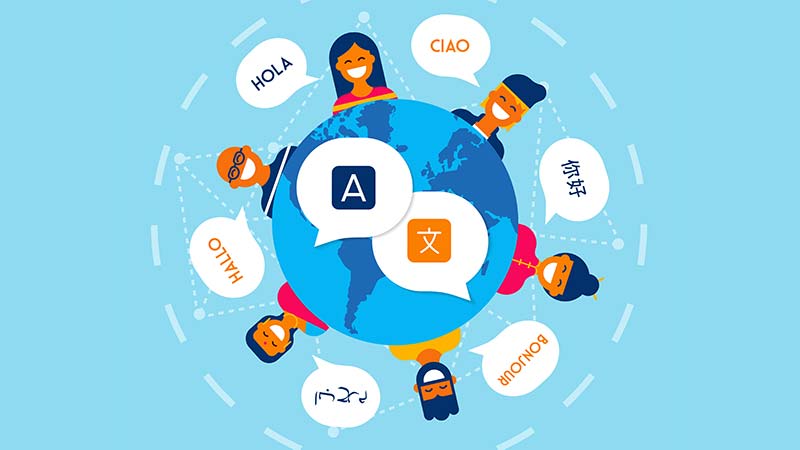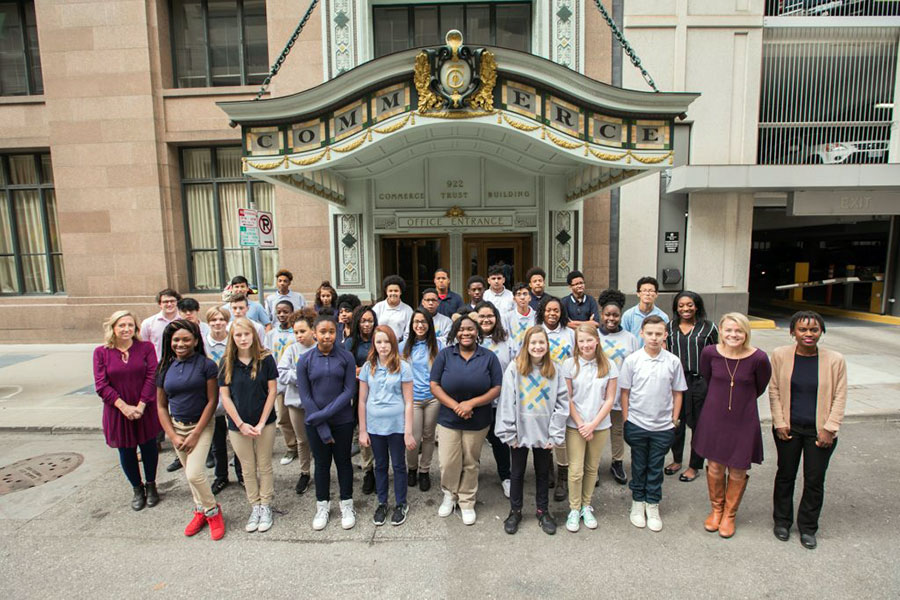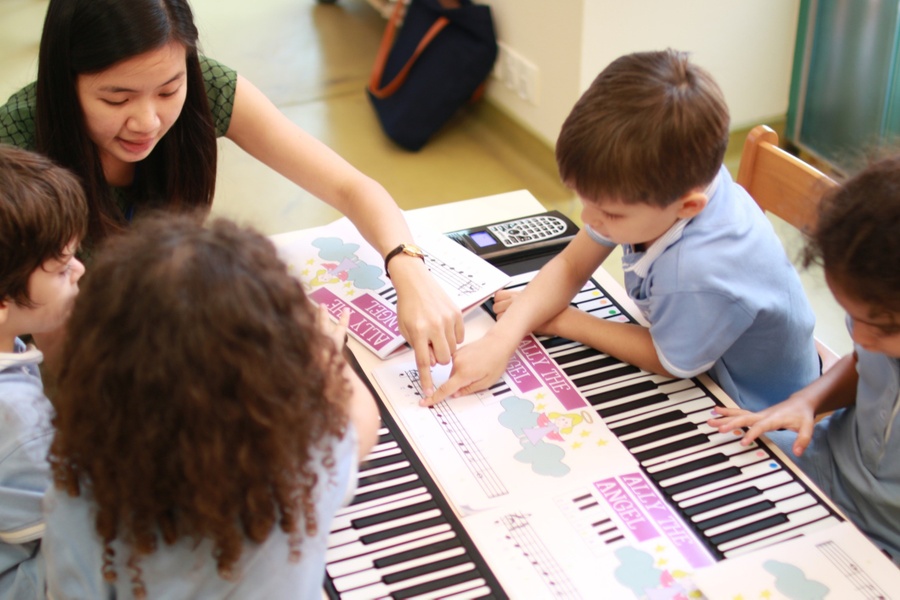Studies show that children who can speak and two languages outperform those who only speak or write one language in many subject areas. Bilingualism offers benefits that begin as early as 6 months old and continue throughout a child’s life. As a result, bilingual children who took lessons in Chinese classes will have distinct advantages in school and work. These days, a lot of parents are getting their children to learn a second language in the hope that this will boost their academic and career prospects.
Here are the known benefits of mastering two languages:
Cognitive Benefits
Bilingual children benefit from improved ability to plan, prioritize tasks, shift attention, and access working memory. They do better at monitoring tasks such as observing and keeping track of changes in their environment. As they think and speak, the two languages are simultaneous at work in their brains. This lets them more efficiently direct their mental energy to the right portion of the brain at the right time. That is why bilinguals can perform several tasks at the same time, block out distractions, and deal with a complex set of directions.
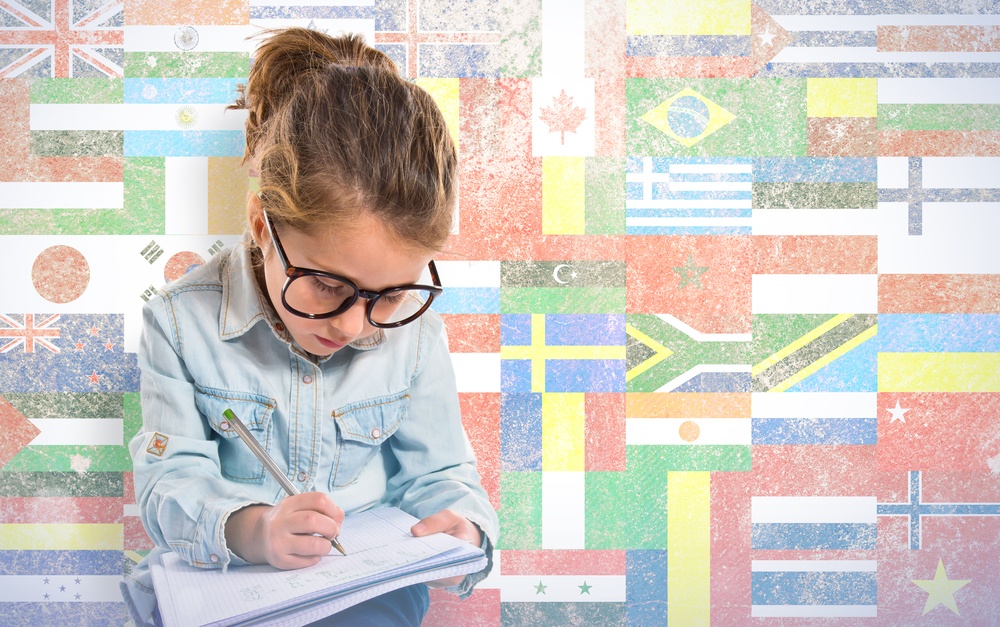
Moreover, as bilinguals frequently translate abstract concepts from one language to another, they can easily deal with abstract concepts. Usually, they score higher on problem-solving and creativity tests, which help them to excel in subjects such as social studies, writing, and others that require analytical skills.
Cultural Benefits
Bilinguals are found to easily understand language and culture from a different perspective. They see language as a tool. This lets them have a positive outlook on their language education and become better communicators. Children who speak two languages can more easily recognize language components such as word order, rhythm, grammatical structures, intonation, and stress. They quickly pick up on the fact that some words have several meanings or that some different words can mean the same.
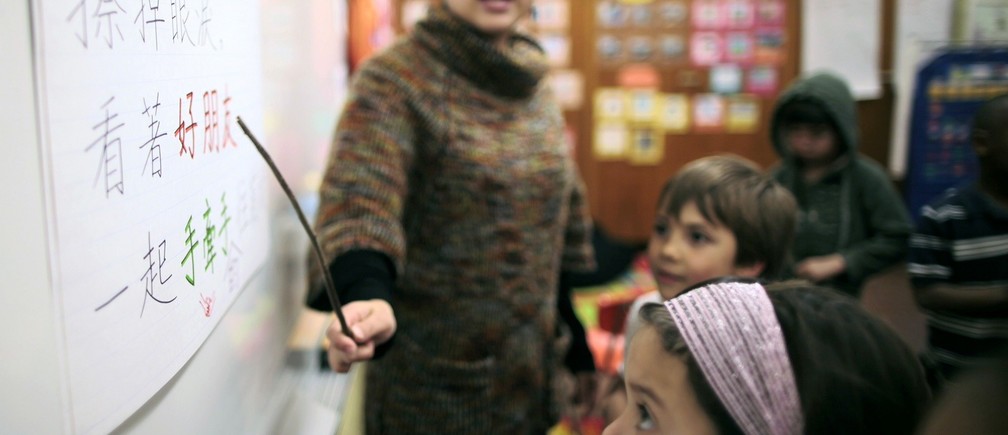
Furthermore, bilingual kids are poised to appreciate and understand cultural differences due to their sensitivity to what other people are thinking. They tend to be more curious about the thoughts of others from early childhood at which they can already distinguished who can speak what language. Later in their lives, such curiosity can translate to an ability to appreciate other cultures. This is the reason bilinguals may enjoy a trip to the museum or an ethnic cultural event. Their improved cultural awareness helps boost their confidence and allows them to communicate better with others.


